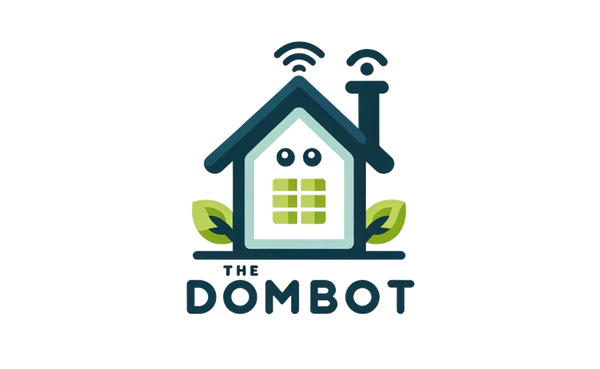Collection: Best Home Assistant Hardware: Raspberry Pi, Odroid, Intel NUC, Asus Tinker Board, Home Assistant Blue
The Best Home Assistant Hardware: Because Your House Needs a Brain (and Maybe a Therapist)
Hey there, smart home enthusiasts! It's your friendly neighborhood tech comedian here, ready to break down the best home assistant hardware. Let's face it, your house is already a chaotic mess of smart devices, but without a proper brain to manage it all, it's just a bunch of blinking lights and frustrated sighs. So, let's get you set up with the right hardware to make your home truly smart, and maybe even a little bit less chaotic.
The "I'm a Techie, Hear Me Roar" Options
For those of you who live and breathe code, and whose idea of a good time is tinkering with Raspberry Pis, this section is for you. These options are powerful, customizable, and will make you feel like a true tech wizard.
1. The Raspberry Pi: The OG of Home Assistant Hardware
- Pros: Affordable, incredibly versatile, and a ton of community support. You can literally build your own home assistant server on a Raspberry Pi, and it's a great way to learn about the inner workings of your smart home.
- Cons: Requires a bit of technical know-how to set up, and you might need to tinker with it more often than other options.
- Where to buy: Raspberry Pi website
2. The Odroid: The Raspberry Pi's Cool Cousin
- Pros: More powerful than the Raspberry Pi, with a wider range of models to choose from. It's also a great option for running more demanding applications, like a home assistant server with a lot of integrations.
- Cons: Can be a bit more expensive than the Raspberry Pi, and the community support isn't as extensive.
- Where to buy: Hardkernel website
The "I Just Want It to Work" Options
For those of you who just want a simple, reliable solution, these options are for you. They're easy to set up, powerful enough for most home automation needs, and won't require you to become a coding ninja.
3. The Intel NUC: The Tiny Powerhouse
- Pros: Small, powerful, and surprisingly affordable. It's a great option for running a home assistant server, and it can handle a lot of demanding tasks.
- Cons: Can be a bit more expensive than the Raspberry Pi, and you might need to buy additional components like RAM and storage.
- Where to buy: Intel website
4. The Asus Tinker Board: The Budget-Friendly Powerhouse
- Pros: Affordable, powerful, and easy to set up. It's a great option for running a home assistant server, and it can handle a lot of demanding tasks.
- Cons: Not as widely supported as the Raspberry Pi, but the community is growing.
- Where to buy: Asus website
The "I'm a Minimalist" Option
For those of you who believe in the power of simplicity, this option is for you. It's small, sleek, and perfect for those who want a home assistant server that doesn't take up a lot of space.
5. The Home Assistant Blue: The All-in-One Solution
- Pros: Small, sleek, and easy to set up. It's a great option for those who want a home assistant server that doesn't take up a lot of space.
- Cons: More expensive than other options, and it's not as customizable.
- Where to buy: Home Assistant website
Choosing the Right Hardware for You
So, there you have it! The best home assistant hardware for every type of smart home enthusiast. Whether you're a techie, a minimalist, or just want something that works, there's an option out there for you. Now go forth and build your own smart home empire! Just remember, if your house starts talking back, you might need to call a professional. Or maybe just a therapist.
